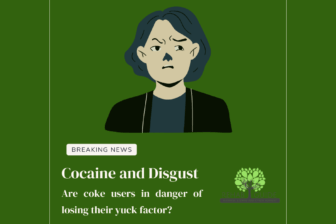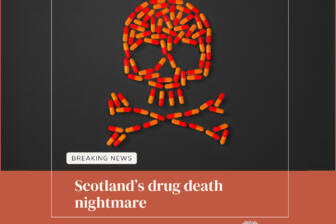Celebrities Who Got Sober
Famous people who got clean and sober
From the outside looking in, celebrities appear to have everything. From a film to television stars, musicians, sporting heroes or even astronauts, they seem to live a charmed life. They have fame, success, and money, but that doesn’t keep them safe from alcohol addiction.
It is a condition that can affect people from all walks of life. As a matter of fact, alcohol problems can be prominent in the world of sport and showbiz, as well as other branches of public life.
However, by drawing on the experiences of celebrities who have faced, and overcome, alcoholism themselves, you may find these inspirational celebrity recovery stories give encouragement to help with your dependency.
It is always beneficial to take comfort and advice from someone who has been through it. They can tell you what it was like when they consumed too much and how they stopped? As well as offering insight into how their lives have changed since they conquered their alcohol addiction.
Sober Celebrities
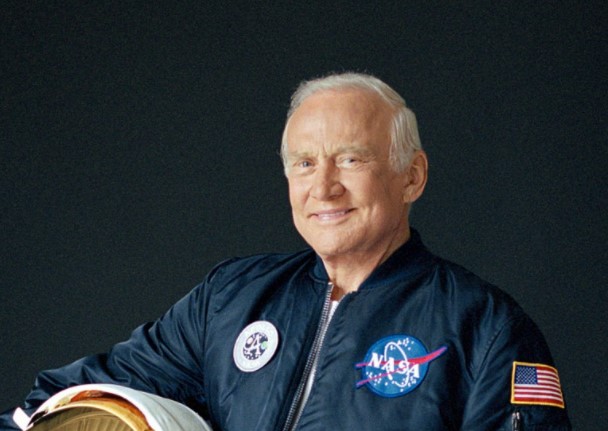
Buzz Aldrin
The former NASA astronaut Buzz Aldrin may have walked on the moon as a member of the historic Apollo 11 mission, but that didn’t stop him from facing his battle with dependency back home.
However, he eventually took the giant step to sobriety and gave up alcohol for good.
He has called it one of the greatest challenges of his life and one of the hardest things to do. He understood that, if you have an alcohol addiction, it can feel like there is no way out.
Thanks to the support he received from recovery organisations like AA, the friendships he has made and the opportunity to share and discuss his problems, he has not had a drink for four decades.
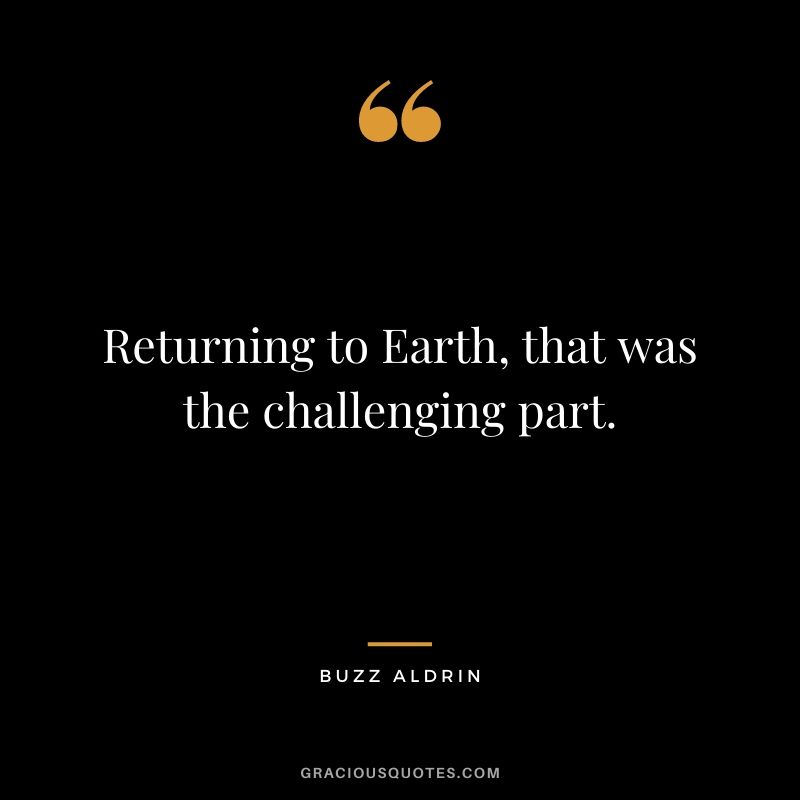
Steven King
Another celebrity who got sober and conquered his demons is the horror writer Stephen King. He is one of the best-selling novelists of the 20th Century whose career is still on the rise due to a slew of upcoming big-screen adaptations of his books. That didn’t stop King from living in denial for many years about his problems with alcohol dependency.
Whether you are a celebrity or not, denial is common for many alcoholics, affecting them personally, as well as their friends and loved ones.
Those living with a person with a drinking problem may put up with their behaviour for years, where it may almost become a part of everyday life. Even more so if it seems like everybody they know also drinks alcohol, be it socially, at the weekend or out with friends, which can make it even harder to give up.
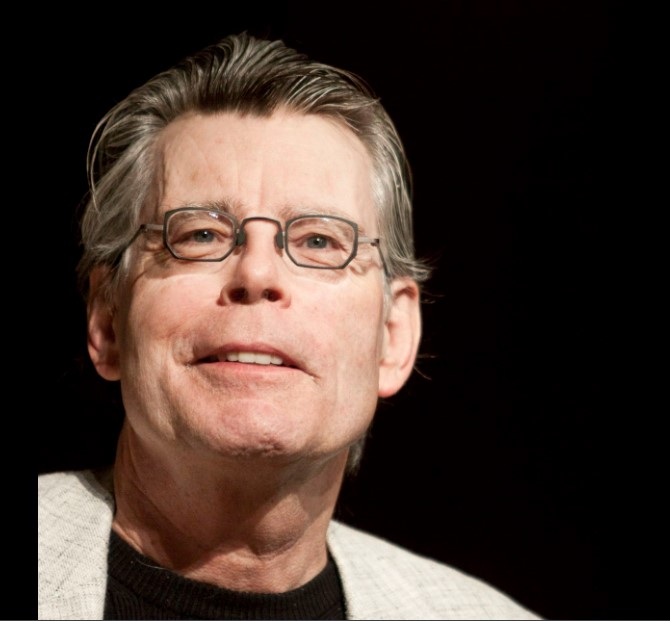
Steven King’s struggled with denial.
Unfortunately, for a person in denial about their alcohol addiction, it can sometimes take events out of their control to make them face up to their problems. There could be an issue in their professional life or relationships, from losing their job to experiencing a break-up.
It may take a health scare, having an accident or even a run-in with the law to make someone see the light. There are many different catalysts that could lead someone to try and change their lives and give up drinking alcohol, where they can no longer be in denial about their drinking.
Facing up to the fact you have an issue with alcohol is the first step to receiving addiction rehab treatment. Another important consideration is realising just what kind of a drinker you are. Are you a moderate drinker who can stop whenever they like, or did you keep on drinking until you passed out?
You may not believe you have a drinking problem and you only enjoy having fun, just like everybody else. You want to have a good time and have everything under control. However, what happens if you do not know when you have had enough? What if you find yourself in a situation where you have consumed more alcohol than you meant to because you could not stop once you started.
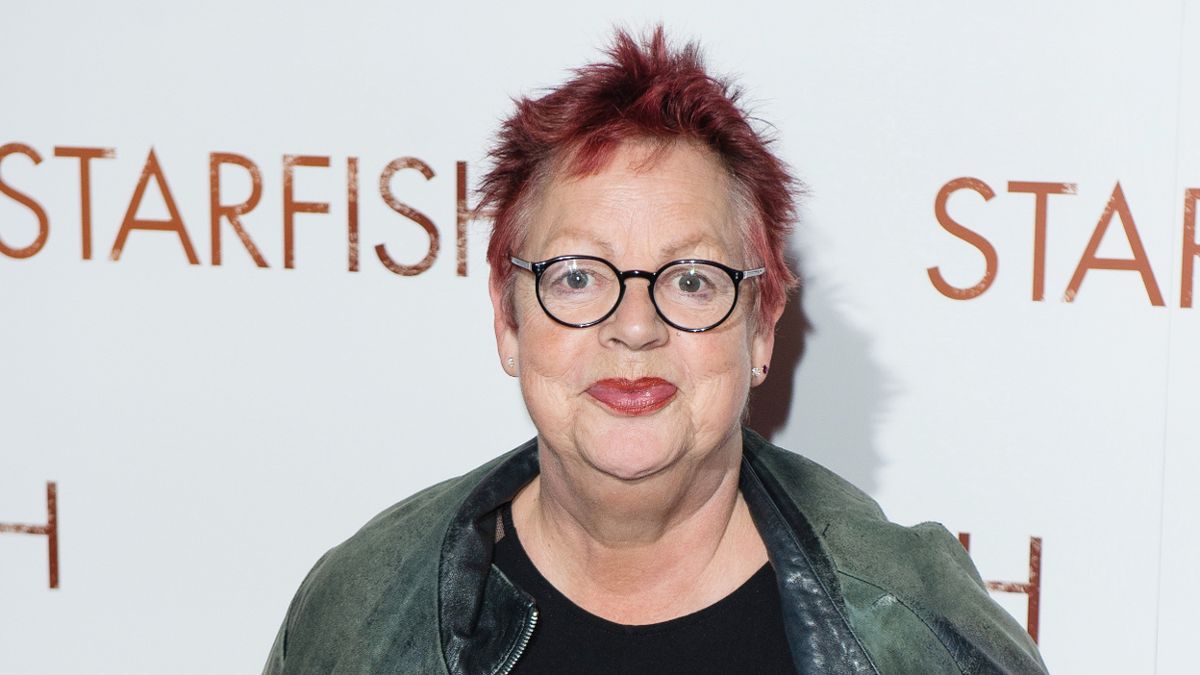
Jo Brand
That was partly the realisation the British comedian Jo Brand came to. She was another celebrity that decided to get sober. She finally accepted there were no half measures as far as she was concerned. Jo Brand was a binge drinker, who never drank in moderation. She felt if you went out, you should drink until you passed out or didn’t bother.
It was a then Jo realised she could not restrain herself when she was drinking and this understanding, along with the desire not to continue this behaviour when she had children, lead Jo Brand to give up drinking altogether.
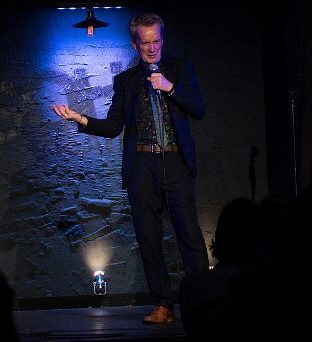
Frank Skinner
A fellow British comedian and TV star Frank Skinner has spoken of how memories of his father coming home late drunk and the tension it caused in the household, is partly the reason why he gave up alcohol.
The celebrity has also spoken of the phenomenon known as second-hand drinking where the loved ones, partners and children of alcoholics, can be affected by their drinking. It can be tough to live with a person with a drinking problem, so, if you give up alcohol, you are not only helping yourself and improving your own life but the lives of the people you care about.
Russel Brand
Russel Brand was famed as a partier and wild rocker. His alcohol and drug-fuelled life led him to quit both and stay sober. He has written books to help people with their addictions. He tells the world how he felt as an addict and that drugs and alcohol possessed him and others with this condition. He has dedicated a great amount of time and money to helping others and raising awareness of how we need to treat addiction as a sickness, not a choice.
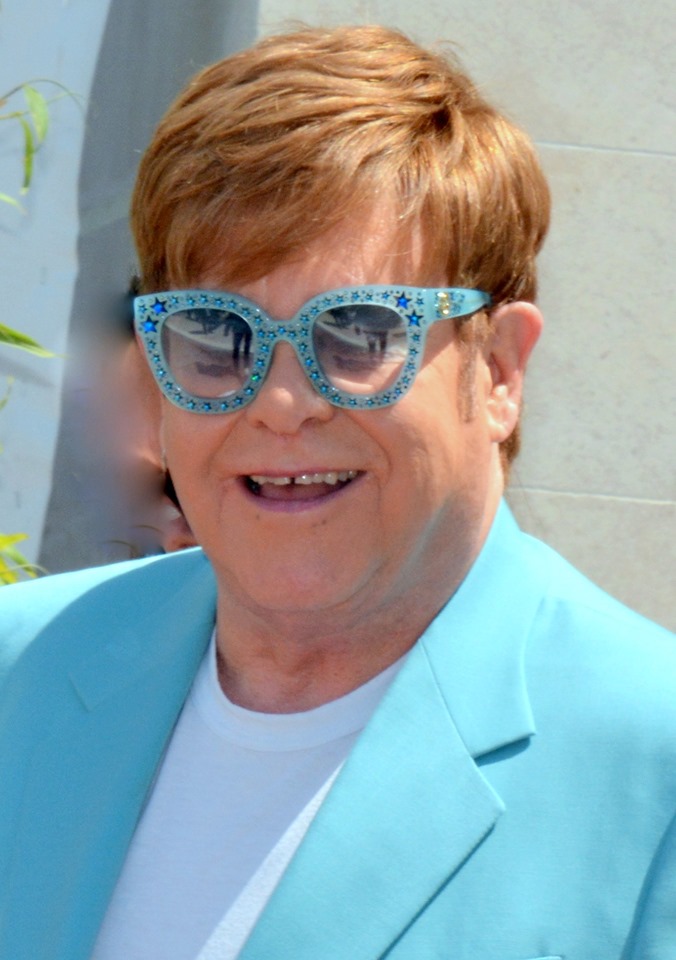
Elton John
One of the world’s most famous singers struggled with addiction in his youth. In a time when drugs and alcohol were part and parcel of the rock and roll lifestyle he hit rock bottom and got help. It has been more than thirty years since he drank and he stated recently that he would not be alive today if he hadn’t gotten sober.
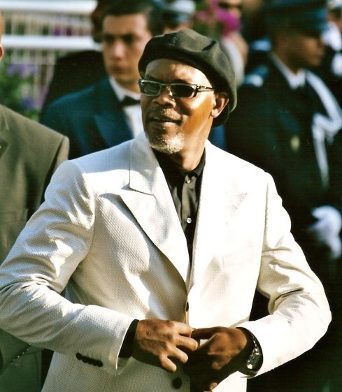
Samuel L. Jackson
As well as British comedians, many Hollywood movie stars have also struggled with addiction recovery, but have conquered their issues to have incredibly successful careers. If you were to ask most people who were the biggest box office stars in movie history, they might guess someone like Tom Cruise, Leonardo DiCaprio, Clint Eastwood or Sean Connery?
Would you have guessed it was Academy-award nominated actor Samuel L. Jackson? However, due to his role as Nick Fury in the blockbuster Marvel superhero movies, the Pulp Fiction star is now the undisputed king of the box office.
The fact is though when Jackson was a younger man, he drank heavily and used drugs. He often believed his drinking was genetic, as his father had passed away from alcoholism. The actor would also tell himself that consuming alcohol was part of being an artist, like late, great actors like Richard Burton, Oliver Reed and Albert Finney would leave the theatre and drink.
Jackson maintained though that his alcohol and drug use never affected his work. Jackson considered himself a functioning drug user and alcoholic, who could drink the night before and still perform on stage or on a film set. He later conceded that was not the case.
His drug and alcohol addiction impacted his home life, where he found he could not show affection to his wife and daughter. This proved to be one of the signs that finally made him get help and Jackson entered rehab.
He proceeded with his rehab treatment programme and two weeks after it was over, Jackson began work on the Spike Lee film Jungle Fever. The movie that made him a star and changed his life. The question is would Jackson be ‘Nick Fury’ now if he didn’t go to rehab back then?
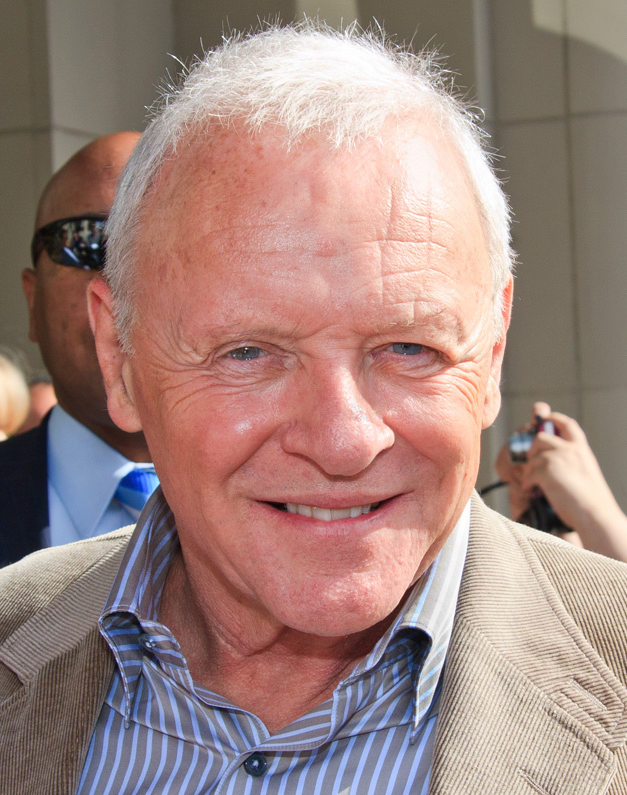
Anthony Hopkins
Oscar-winning actor Anthony Hopkins also knows what it’s like to make the decision to give up alcohol and see his life take an unexpected turn, working out for the better.
Coming from a working-class background in Wales, in the same home town as Richard Burton, he almost expected himself to follow in an age-old tradition of drinking to excess in the pubs of Port Talbot. Just like Samuel L. Jackson, he adopted a drunken, self-destructive path as a young actor.
However, he eventually changed his ways and is now grateful he conquered his alcohol addiction. Hopkins believes his sobriety has led to greater opportunities, a belief that has kept him on the path of recovery.
Eric Clapton
The music business, as well as acting, is full of stories of partying and drunken excess. It is almost considered an obligatory part of the rock and roll lifestyle. In the end, though, the party must come to an end and one of the legends of the music industry, the great Eric Clapton, eventually decided to get clean, and he considers staying sober to be the most important thing in his life.
Clapton puts his sobriety partly on a change of perspective, where he refused to worry about the trivial, unimportant things in life and concentrate on what matters.
Clapton is now dedicated to helping other people fight addiction, having set up alcohol and drug rehab centres in the Bahamas. This is because Clapton appreciates how much alcohol rehab programmes, addiction counsellors and recovery support networks can get you the help you need.
Tony Adams
Another celebrity who has overcome his addiction to alcohol and is trying to aid others is the former Arsenal and England footballer Tony Adams. If you are a sporting hero with a drinking problem, the temptation is everywhere, and it is easy to be swayed.
If you walk into a pub, everybody wants to shake your hand and buy you a pint. Every football fan is your friend.
However, Adams believed that, when he was drinking, he didn’t really communicate with anybody. They were drinking buddies, but not really friends. It was just a drunken banter.
Now that he has not had a drink in more than two decades, he has noticed a positive change in his relationships. He has made real friends and been able to feel and express his emotions more, which is a common sign of recovery.
This goes to show you that, by relating to celebrities like Tony Adams, Anthony Hopkins, Samuel Jackson and Stephen King, amongst others, you can see there are many common trends to addiction recovery, and that they can affect people from all backgrounds. It doesn’t matter if the person battling dependency is a famous movie star, comedian, musician or sportsman; they too must deal with issues of denial and dependency.
However, going by their experiences, you can see that by entering rehab, you too can benefit from counselling, therapy and support, to help you conquer alcoholism for good.
How To Stop Drinking Action Plan




